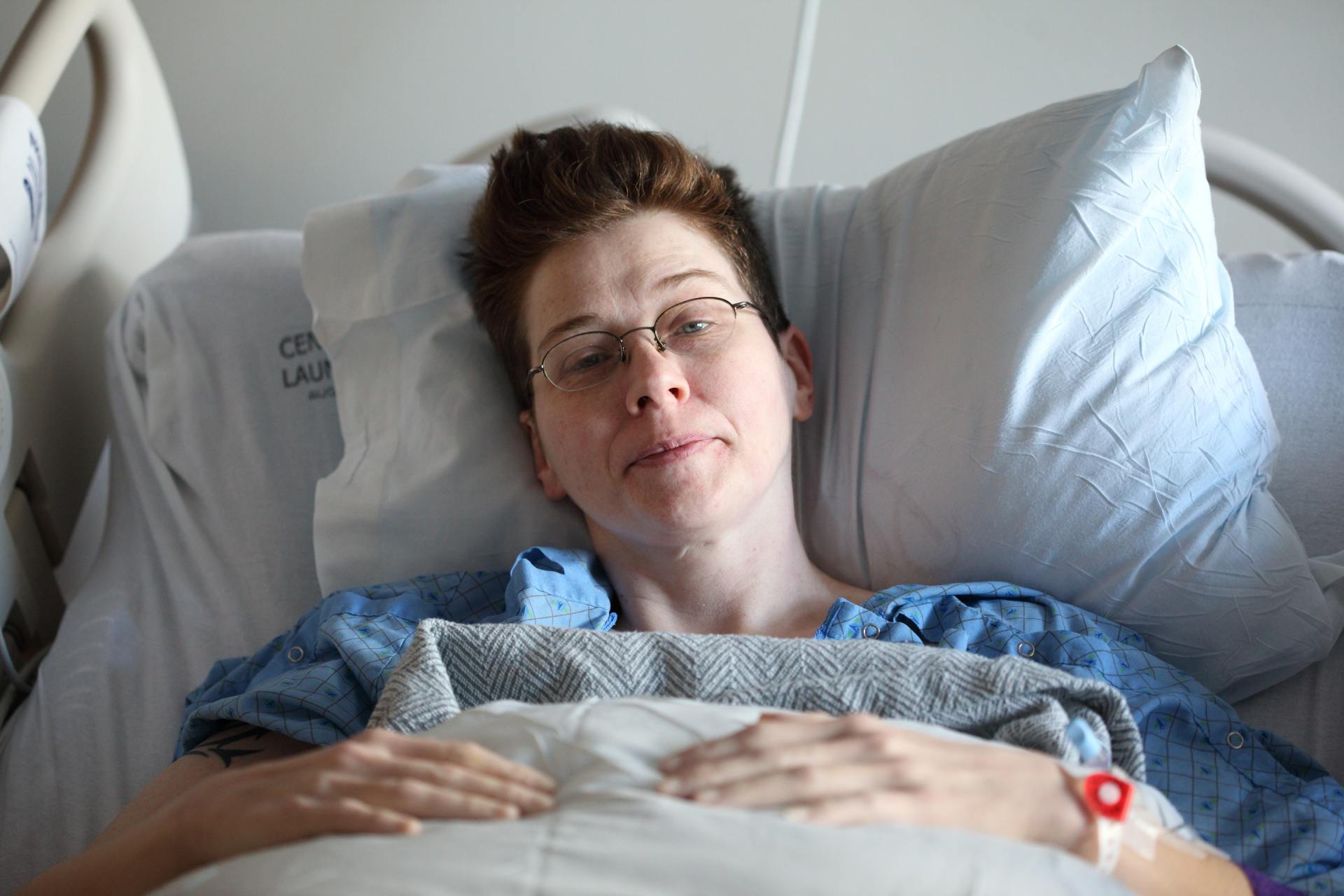Pomerene
Patient Care & Privacy
Pomerene Hospital collects and maintains a great deal of personal health information about our patients.
The federal HIPAA regulations on patient privacy and confidentiality require us to provide notice to our patients and the public about how this information may be used and disclosed by our organization. All employees are required to comply with provisions of this policy.
Visitation Hours
Pomerene Hospital promotes and supports a patient and family centered approach to care. Pomerene has an open visitation policy which means families are welcome 24 hours a day according to the patient's preference and consent.
Privacy Policy
Pomerene Hospital collects and maintains a great deal of personal health information about our patients. The federal HIPAA regulations on patient privacy and confidentiality require us to provide notice to our patients and the public about how this information may be used and disclosed by our organization. All employees are required to comply with provisions of this policy.
Timing of Provision.
The Notice of Privacy Practices was made available, distributed, and posted on or after April 14, 2003. This policy was last reviewed in October 2007.
Availability to the Public.
A copy of the Notice of Privacy Practices must be made available on request to any person who requests it in each separate building where patients receive treatment.
Distribution to Patients.
All patients must be provided a copy of the Notice of Privacy practices no later than the date of the first service delivery on or after April 14, 2003, including service delivered electronically, to such patient. A Notice of Privacy Practices must be provided to a patient for each separate admission or outpatient encounter. We are not required to provide Notice to any patient who is also an inmate in a correctional facility.
E-Mail Delivery of Notice.
If the first service delivery to a patient is delivered electronically, provide an electronic copy of the Notice of Privacy Practices automatically and contemporaneously in response to the patient's first request for service. The Notice of Privacy Practices may be provided to other patients by e-mail, if the patient agrees to electronic notice and such agreement has not been withdrawn. If you know that the e-mail transmission has failed, you must provide a paper copy of the Notice to the patient. The patient who is the recipient of an electronic notice retains the right to obtain a paper copy of the Notice upon request.
Acknowledgement of Receipt.
After providing the patient with a copy of the Notice of Privacy Practices, obtain the patient's signature on the "Receipt of Notice of Privacy Practices Acknowledgement Form." In the case of an emergency when the patient is not able to sign the acknowledgement form, attempt to obtain the patient's signature as soon as practicable. If the Notice is delivered electronically by e-mail, require the patient to acknowledge receipt of the e-mail electronically by replying to the Notice delivery e-mail. When the patient refuses to sign the form or you are otherwise unable to obtain a signature, document the attempts made to obtain the signature and the reasons why you were unsuccessful. Retain the signed acknowledgement forms and the documentation of failed attempts to obtain the signed form with the medical record.
Posting the Notice.
Copies of the Notice of Privacy Practices must be posted in each separate building where patients receive treatment. The Notice must be posted in a clear and prominent location where it is reasonable to expect patients to be able to see and read the Notice.
Website Posting.
A copy of the most current Notice of Privacy Practices must be posted prominently on our website and must be accessible by a link from the front page of the website.
Revisions to the Notice.
Whenever the Notice of Privacy Practices is revised, make the revised Notice available upon request on or after the effective date of the revision, distribute the revised Notice as required in paragraph 3; promptly post the revised Notice as required in paragraph 5; and post the revised Notice on the website as required in paragraph 6. All patients arriving for treatment after the effective date of a revised Notice must be given the appropriate revised Notice.
Nondiscrimination Notice
Medical Record Access
Accessing Your Medical Records
A patient may obtain a copy of their medical record by visiting the Health Information Department located on the first floor. You will need to bring one type of identification with you, i.e. driver's license or Social Security card in addition to completing one of our release forms. We also require 48-hour advance notice in order to process and prepare your records for release.
Hours of Operation & Additional Information
Hours of Operation
- The Health Information Department is open Monday-Friday from 7:30 am to 4:00 pm.
Additional Information
- Please click here to download our Medical Information Release Form. You may also have your physician fax the completed form to (330) 674-1259.
Your Right as a Patient
Comments and Concerns
Complete the form below:
Contact Us
The following links provide information about available healthcare coverage for those who are eligible:
Patient Concerns/Patient Care Representative
- Pomerene Hospital strives to resolve concerns and complaints in a timely manner.
- Pomerene Hospital's patient representative is here to be your advocate - to communicate your questions or concerns and to help you get prompt answers.
- If you have any concerns about patient care or safety, please contact our Patient Care Representative listed below or dial extension 8675 from any Pomerene Hospital phone.
If your concerns cannot be met at this level, please contact:
Center for Improvement in Healthcare Quality
Address:
P.O. Box 1540
Mexia, TX 76667-1540
ATTN: Chief Executive Officer
Phone: (512) 661-2813
Fax:
(805) 934- 8588
Online
Ohio Department of Health
Address:
246 North High Street
PO Box 118
Columbus, OH 43266-0118
Phone: 800-669-3534
Confidentiality will be maintained, unless otherwise requested.
Accreditation Commission for Healthcare
Address:
139 Weston Oaks Court
Cary, NC 27513
Phone: 919-785-1214
Fax: 919-785-3011
Online
CALL FOR MORE INFORMATION
For general billing questions or to arrange a payment plan, please call 330-674-1584, ext. 1744






